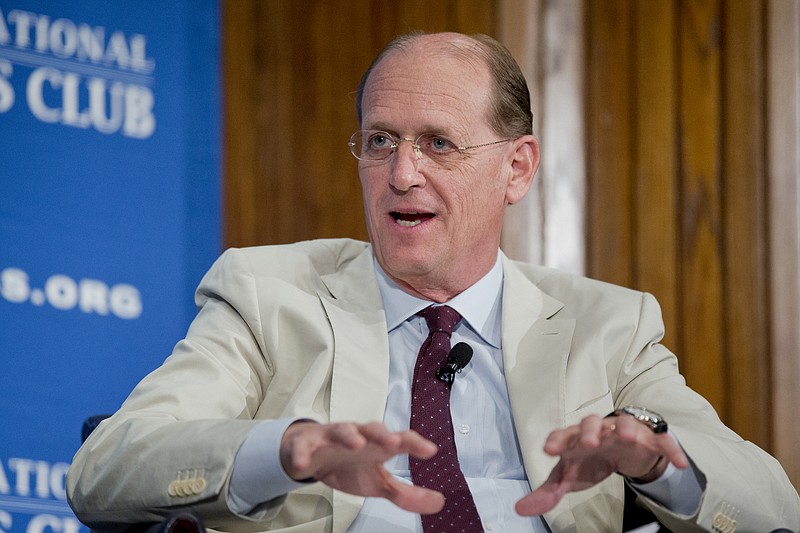NEW YORK (AP) - Richard Anderson, who oversaw Delta Air Lines' transformation into one of the world's most profitable airlines, will retire this May. His right-hand man, airline president Ed Bastian, will take over as CEO, the Atlanta-based airline said Wednesday.
Anderson started as CEO in 2007, just after Delta exited bankruptcy protection. The next year, Delta merged with Northwest Airlines, a deal often cited as a model for future airline mergers, some of which did not go as smoothly.
Northwest would be Anderson's biggest deal, but not his last. Delta also purchased a 49 percent ownership stake in Virgin Atlantic to gain much-needed access to London and bought an oil refinery, an unconventional move that gave the carrier more insight into the jet fuel market.
Anderson will retire on May 2, the day he turns 61. Bastian will be promoted on that date and Glen Hauenstein, the airline's executive vice president, will be appointed president. Chief Operating Officer Gil West will immediately be elevated from an executive vice president to a senior executive president.
While other airlines have been buying new, fuel-efficient jets at a hefty cost, Anderson has been seeking a mix of cheaper used models and smaller orders of new jets, when the price is right. He's been able to raise fares, getting passengers to pay a slight premium to fly Delta over other airlines. And in the past year, Delta has canceled fewer flights that the competition. He's managed to get workers to agree to more flexible work rules than at other airlines and successfully fought off an effort to unionize flight attendants.
Only 18 percent of Delta's full-time workforce is union - the pilots - compared to roughly 80 percent of the workforce at American Airlines, Southwest Airlines and United Airlines.
In the past few years, Anderson has been an outspoken critic of a federal program that gives generous financing terms to foreign airlines buying U.S. jets and he's led a fight to get the federal government to slow the growth of Middle East airlines into the U.S. Leaders of the three biggest Middle Eastern carriers criticized Anderson for a remark that mentioned them in the same breath as the terrorists behind the Sept. 11, 2001 attacks.
Anderson wasn't always an airline guy. He worked in the District Attorney's office in Houston from 1978 to 1987. He was then hired as an attorney at Continental Airlines in 1987. He moved to Northwest Airlines' legal department in 1990 and was CEO there from 2001 to 2004. He was an executive at UnitedHealth Group for three years until Delta named him CEO in 2007.
__
Follow Scott Mayerowitz at twitter.com/GlobeTrotScott. His work can be found at http://bigstory.ap.org/content/scott-mayerowitz
